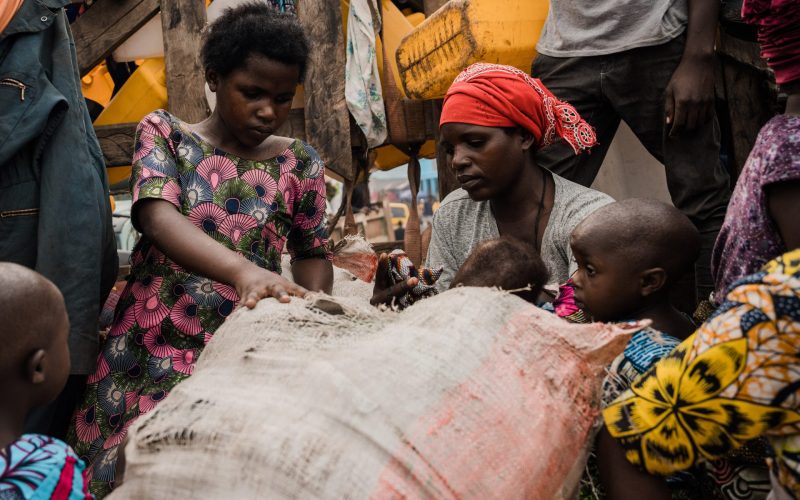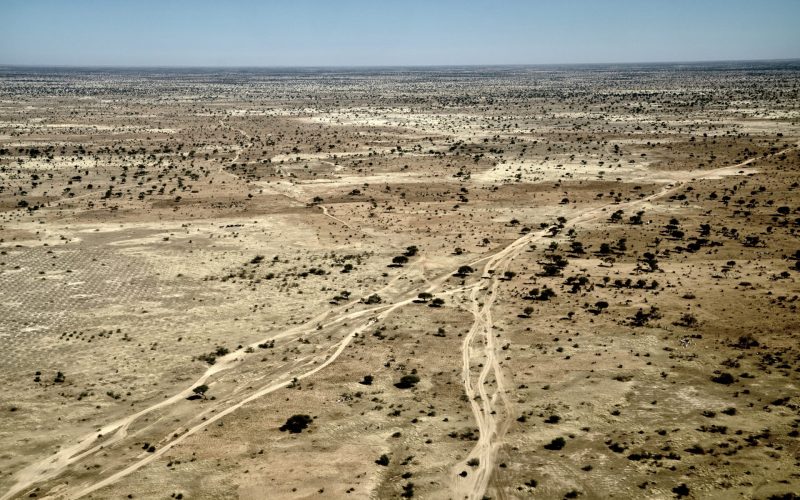Apparently the latest handiwork of Islamist extremists, Britain’s Prime Minister, Tony Blair and a chorus of world leaders and British officials vowed resolutely that terrorists would never win. They have already won critical battles in the wider war on terror.
In many practical ways, large and small, the forces of violence wrapped in the mantle of al-Qaeda and similar ideologies have reshaped the world. World markets demonstrated impressive elasticity following the London attacks, unlike four years ago after 9/11.
The metropolitan security systems tightened reflexively from Paris to Sydney. Across the world, societies are being compelled to grapple with trade-offs between personal privacy and collective security.
Much more significant, however, is the abiding gulf between how westerners and Muslims (moderates who find violence abhorrent as well as militants who embrace it as a just means) view the conflict that binds them – a difference of perspective that both policy and public pronouncements in the West still dismiss at its own and the Muslim world’s peril.
Western leaders portray the war on terror as a defence of freedom. As Blair stated just hours after the bomb blast in London: “it is important that those engaged in terrorism realize that our determination to defend our values and our way of life is greater than their determination to cause death and destruction to innocent people in a desire to impose extremism on the world.”
The words of Osama bin Ladin and like-minded men, on the other hand, view their cause as a divinely sanctioned pursuit of freedom. In the book Imperial Hubris, an anonymous author, a senior United States intelligence officer observes: “Bin Laden has been precise in telling America the reason he is waging war on us. None of the reasons has anything to do with freedom, liberty and democracy, but everything to do with US policies and actions in the Muslim world.”
This is the crucial point. At stake in the conflict between the West and Islamist extremists is the future of the Muslim world – not western democracy and the course of this struggle will redefine the global order.
On the same day as the London attack, the militant group of Abu Musab al-Zarqawi, a Jordanian Islamist suspected of being the leading force behind the violent insurgencies in Iraq, released an internet message stating it had killed Ihab al-Sherif, Egypt’s newly appointed ambassador to Baghdad. Another Arabic-language website believed to be used by extremists cited as “blessed” both the assassination and the London attacks – just retaliation for western crimes in Iraq and Afghanistan.
Important lessons emerge from London. First, the impressive and immediate response by the city’s emergency services underscores the importance of terrorism-specific crisis planning. Second, weak intelligence remains the West’s Achilles’ heal. While it is impossible to make a metropolitan transportation network as porous as London’s entirely bomb-proof, the Group of Eight summit hosted by Britain made the city much more susceptible to such an attack. Rather than increasing the vigilance in London, however, much of the anti-terrorism force was redeployed to the world’s most powerful leaders gathered in Gleneagles, Scotland.
The critical point, however, is that in fighting a patient enemy that regards each successful strike as a victory in a broader project of re-establishing a united Islamic empire, Washington and London have yet to recognize that every adverse condition prevailing in the Middle East today – from power outages in Baghdad to the daily humiliation of Palestinians at border crossings in the West Bank – are seen by moderate Muslims and Islamists alike as the intended effects of western policy.
Even though al-Qaeda Islamic terrorism from Nairobi through 9/11 to Bali in October 2002 predates the US-led Iraqi intervention to topple Saddam Hussein, many Muslims believe that the London bombs are directly linked to Britain’s role in Iraq.
Ironically, contrary to the predictions of some, far from encouraging a British withdrawal from Iraq, this is more likely to strengthen British resolve – and may even encourage European participation.
Nonetheless, addressing such perceptions is important in winning the war. As a proudly pro-American Iraqi businessman in Amman explained, “So many Iraqis blame the US for not toppling Saddam in 1991” – during the first Gulf War. “The conclusion they draw is that the US wanted us to suffer.”
Unfair? Perhaps, but that is irrelevant. Festering garbage heaps shape perceptions, not remote intentions, however noble.
In Iraq, where the West wants to entrench secularism, it is sowing sectarianism. Critical mistakes were made. Demolishing Hussein’s army made a million men, most of whom were not sympathetic to the deposed dictator, out of work and created a dangerous security vacuum.
Washington’s attempts to mould a new political dispensation that acknowledges the grievous suffering of Kurds and Shiites under Hussein, meanwhile, has not only alienated the former dictator’s Sunni base, resulting in horrific violence today. It is also playing into the hands of powerful Shiite clerics. Increasingly, Iraq is becoming a battleground between the proxies of Shiite Iran and Sunni Saudi Arabia – and the perception, right or wrong, is that this is Washington’s goal.
During her recent trip to the Middle East, Condoleezza Rice, the US secretary of state, put pressure on Egyptian President Hosing Mubarak to adopt democratic reforms and backed Prime Minister Ariel Sharon’s push to disengage from Gaza.
The coalition against Hussein, meanwhile, has put the neighbouring regimes on notice, and there are indicators that the message has been received. The momentum should not be lost. Fighting terrorism requires that Washington and London put increased pressure on Saudi Arabia, Jordan, Egypt and Syria to accelerate democratic reforms and address corruption. These coupled with careful stewardship of the constitution-writing process in Iraq and a stated plan to withdraw, based on progress towards achieving well-defined milestones, will do much to entrench secular democracy and decrease Arab resentment at what it regards as occupation.
Improving intelligence capabilities is critical. But the war on terror also requires creating real opportunities for self-determination across the Muslim world rather than selective interference defined by narrower interests. This demands finding a balance between military, “hard” power and the “softer” alternative of diplomacy and development assistance – in Iraq’s case pushing ahead with the transfer of political power and strengthening of local capacity.
That will do more to safeguard the subway systems of European and American cities than the tightest security blanket.








